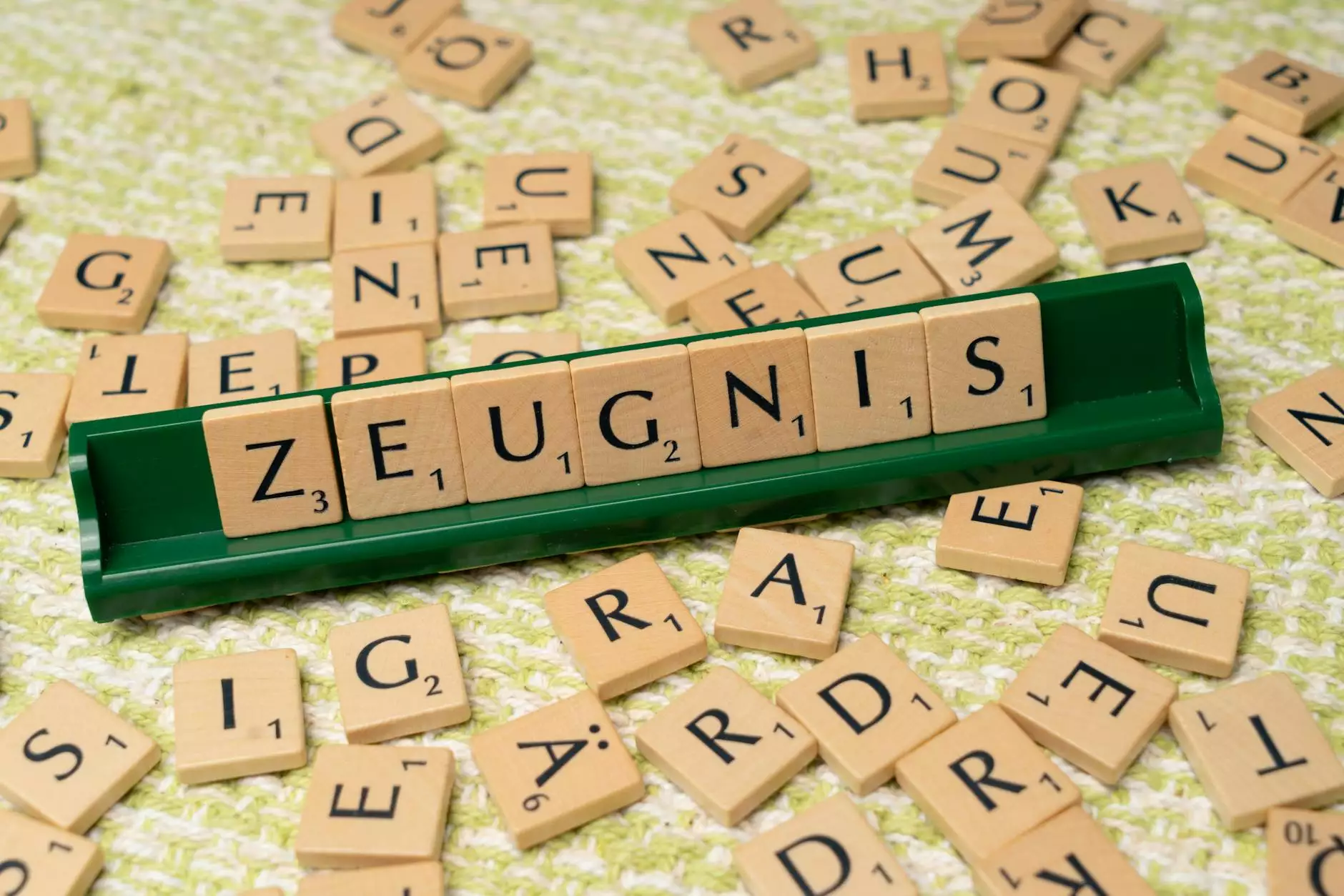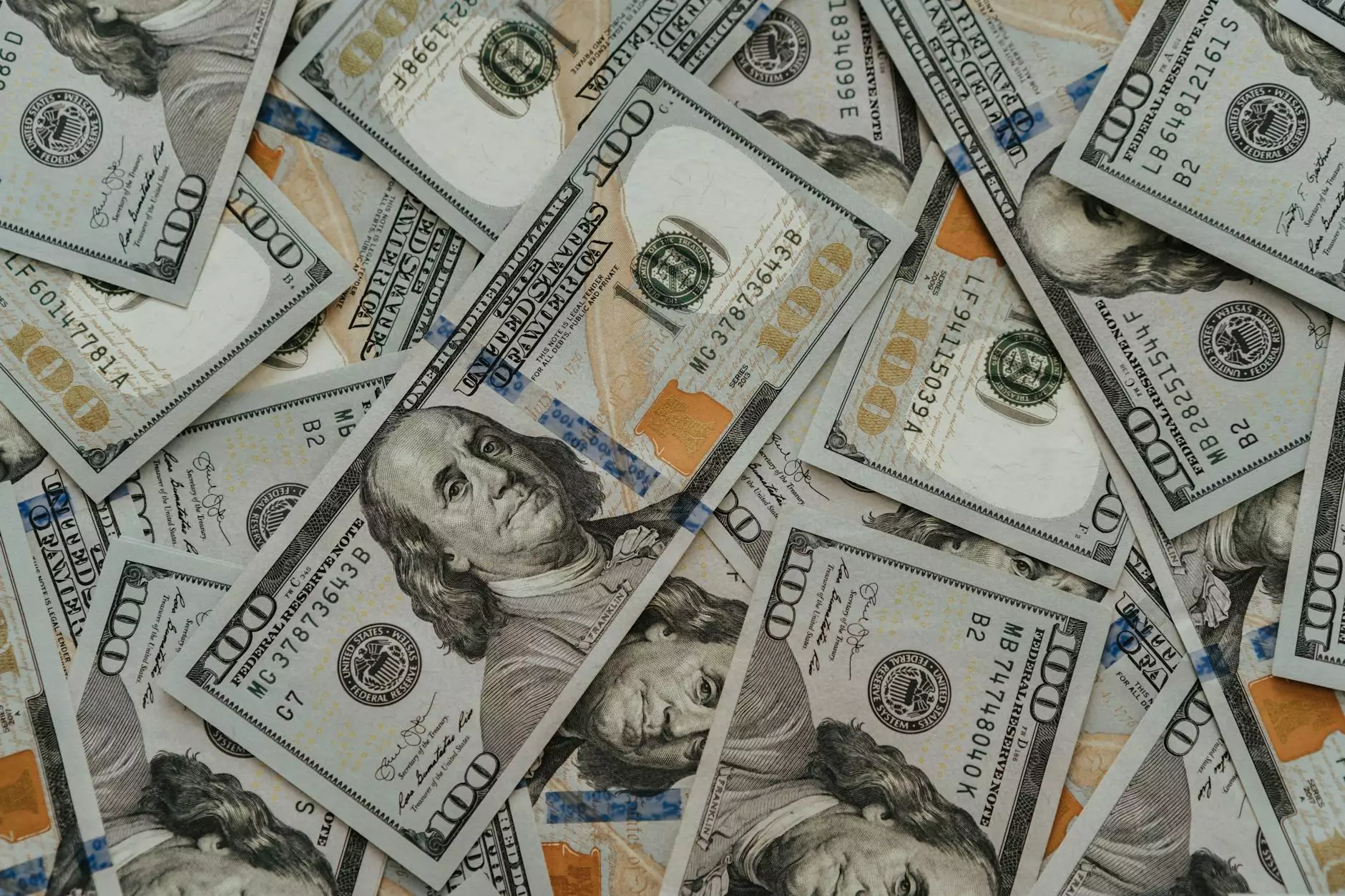Unlocking Opportunities: The Positive Use of Fake Certificates

The world of education and professional services is evolving rapidly, often requiring individuals to enhance their credentials or fill gaps in their qualifications. The term "get fake certificates" may conjure images of deception and illegality, but in reality, there are nuances to the story. In this article, we explore the legitimate benefits of obtaining a faux certificate, the situations in which it can be a valuable asset, and how to navigate the murky waters of fake documentation responsibly.
The Changing Landscape of Education
Today's job market is more competitive than ever. Traditional education paths can be long and costly, making it challenging for many individuals to gain the necessary qualifications. With the rise of online platforms, some people turn to fake certificates as a means to boost their resumes. But are there legitimate cases for this decision?
Understanding Fake Certificates
Fake certificates are often seen as illegitimate or deceptive. However, they can also be used in various constructive scenarios. Here are some reasons why one might consider obtaining a professional-looking certificate:
- Supplementing Real Education: They can help fill gaps in a non-traditional learning journey.
- Confidence Boost: Help individuals feel more confident in job interviews, providing them with something tangible to discuss.
- Mockups for Practice: Used as practice for interviews or in professional settings without the pressure of actual credentials.
Legitimate Uses of Fake Certificates
While the idea of using fake certificates can have negative connotations, legitimate applications exist:
1. Educational Simulations
Institutions providing hands-on training or practical workshops may use faux certificates for simulation purposes. Here, the goal is to prepare students for real-world scenarios without the ramifications of actual accreditation. For instance, training environments where mistakes are part of learning thrive on the idea of mock certifications.
2. Role-Playing Scenarios
In various professional environments, role-playing exercises can benefit from the inclusion of fake certificates. Participants can use these certificates to assume roles that require certain qualifications, thereby enhancing the learning experience.
3. Price of Education
Education is an investment—financially and temporally. In some cases, individuals might find themselves unable to afford the costs associated with formal education. In these instances, fake certificates can act as a stop-gap measure while seeking more robust educational opportunities.
How to Obtain Certificates Responsibly
If you're considering acquiring a faux certificate, it's essential to do so ethically and responsibly. Here are some steps to follow:
1. Research Reputable Providers
The first step in acquiring a fake certificate is to research providers of such services. Websites like buyafakediploma.com offer a variety of customizable options and hold a reputation for quality. Ensuring that you choose a reliable source is crucial.
2. Be Transparent
When using a fake certificate in a non-professional capacity, such as mock interviews or simulations, make sure that all parties involved understand the context. This promotes an ethical approach and ensures that the intention behind obtaining the certificate is clear.
3. Focus on Learning
Remember that the primary goal of obtaining any certificate, faux or otherwise, should be education and self-improvement. Use the process as a way to motivate yourself to further your learning and development.
The Psychological Benefits of Fake Certificates
While tangible job qualifications are crucial, the mental health benefits of holding a certificate, albeit a fake one, can be significant:
1. Enhanced Self-Esteem
Possessing a certificate can create a sense of accomplishment. Using a faux certificate as a motivator can boost self-esteem and provide individuals with a sense of achievement, particularly in fields where they feel less experienced.
2. Empowerment to Pursue Opportunities
A fake certificate may empower individuals to pursue job opportunities, giving them the confidence to apply for positions that they might otherwise feel unqualified for. This psychological boost can catalyze real growth and learning.
Risks and Ethical Considerations
While there are potential benefits to obtaining a fake certificate, it’s critical to be aware of the risks involved:
1. Legal Implications
One of the primary concerns of using fake certificates is the potential for legal repercussions. Using such a document in a professional setting can lead to serious consequences, including loss of job and reputational damage. Always ensure to use these certificates in contexts that don’t violate laws or regulations.
2. Distortion of Truth
When individuals choose to misrepresent their qualifications, it not only affects them but can also impact the integrity of the profession. It's important to balance ambition with honesty; consider how your actions might affect others in your field.
Conclusion: Finding Balance in Credentialing
In conclusion, obtaining a fake certificate can be approached with a mindset of responsibility and awareness. Whether used as a tool for educational simulations, means to boost confidence, or as a temporary measure on the path to real qualifications, the key lies in maintaining ethical standards and focusing on personal development.
As you consider the option to get fake certificates, weigh the pros and cons defined in this article. Let it guide you to make informed choices in your educational and professional journey. Remember, the ultimate goal should always be to enhance your knowledge, skills, and opportunities in a genuine and constructive way.









